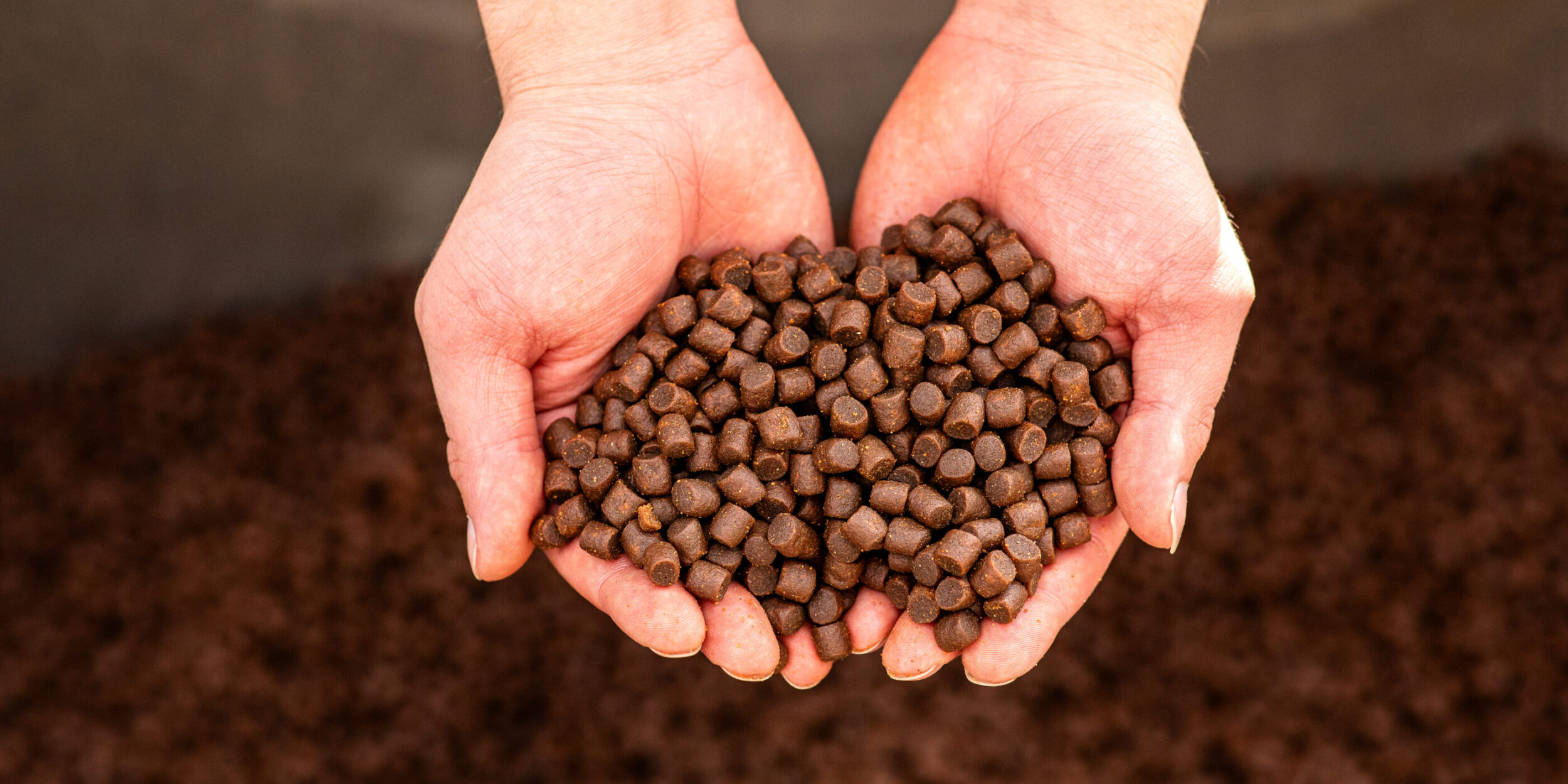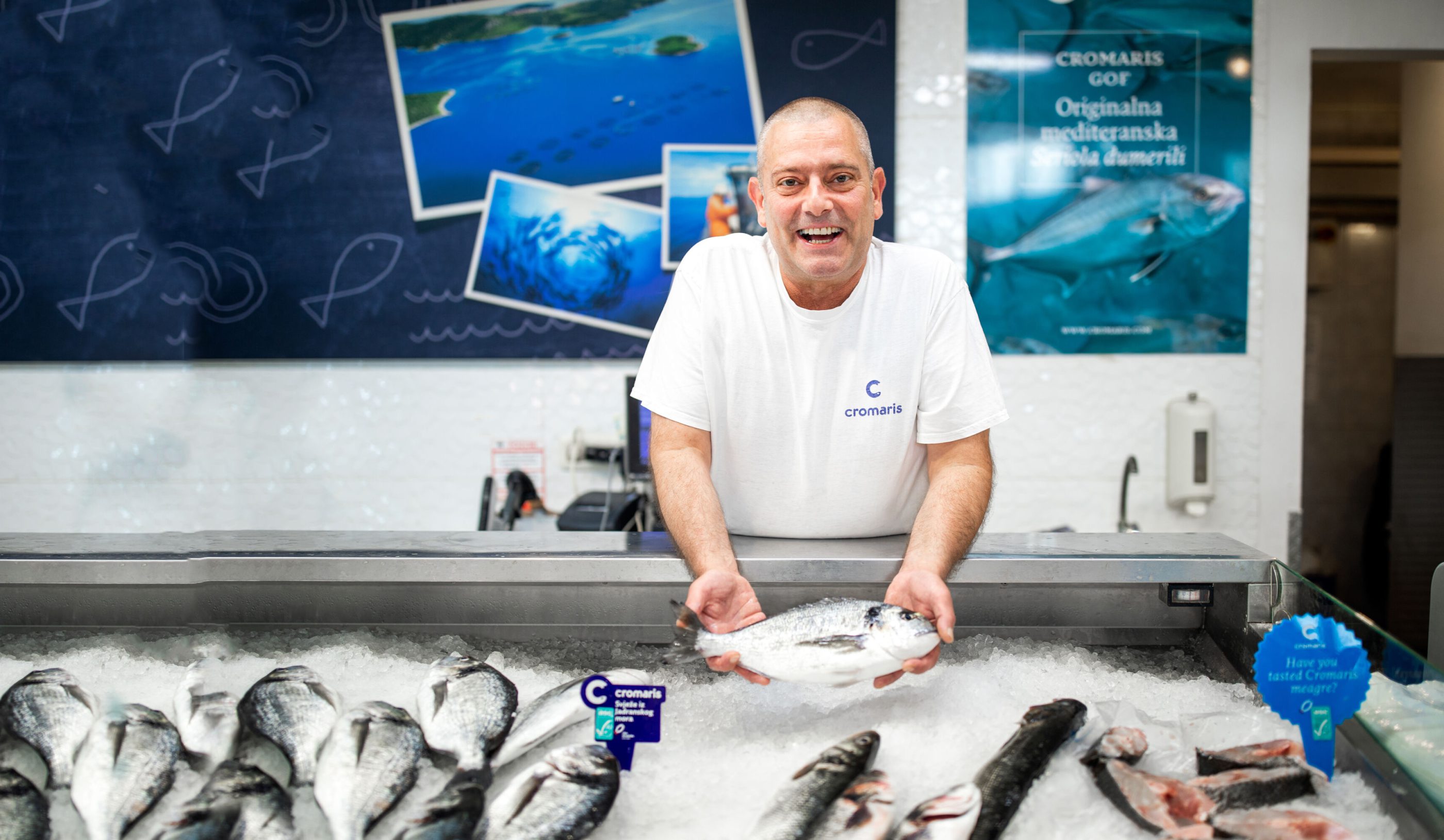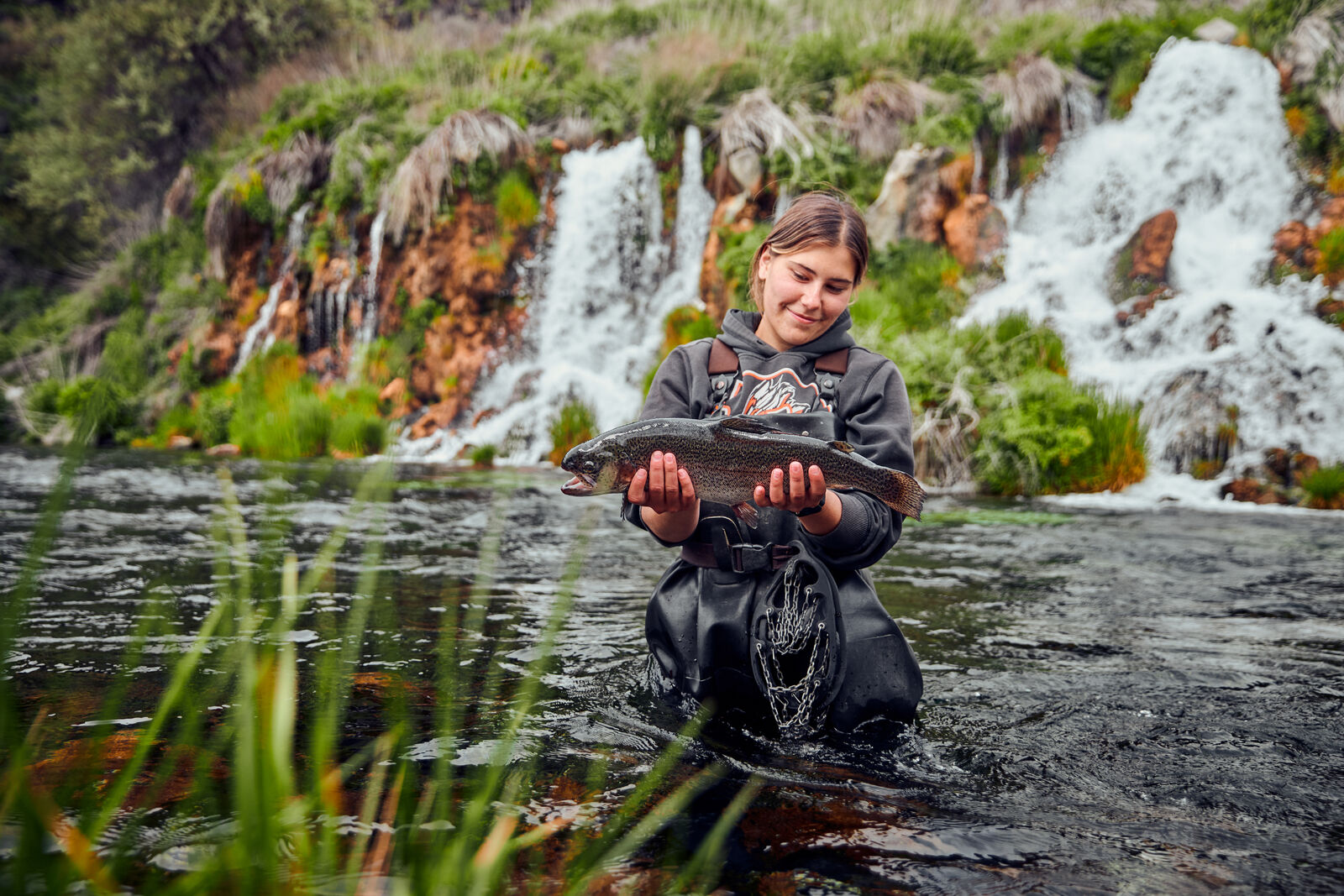
ASC Feed Standard
Accelerating progress towards sustainable seafood through a holistic approach to aquafeed.
October 31 2025: ASC certified farms will be required to use conforming feed from ASC certified feed mills.
The ASC Feed Standard V1.1 has been released, (effective and mandatory November 1 2025) aligning feed to farm reporting data with ASC Farm Standard requirements and deforestation/ conversion cutoff dates with legislation requirements.

Online access to all relevant ASC Feed Certification Programme documentation.
Value chain recognition

“We are committed to 100% feed from responsible sources in our farmed fish and seafood supply chains – ASC Feed ‘or equivalent’.”

“The ASC Feed Standard is one of the most comprehensive solutions to tackle the challenges in shrimp feed.”

“We plan to achieve ASC Feed Certification for more operations, ensuring we lead in sustainable feed solutions.”
Why is ASC driving change in the feed industry?
Farmed seafood is the fastest growing source of protein globally. Our mission is to transform the sector towards more environmentally and socially responsible practices, using efficient market mechanisms that create value across the chain.
A key part of that is ensuring enough responsible feed is available to support this growth.
Critical for seafood farming:
- >70% of farmed seafood (excluding algae) is fed
- It’s typically the highest input cost for a farmer and must meet the species’ nutritional and welfare needs
Understanding the interconnectedness of feed and farming is key for a future of more sustainable seafood.
Ingredient supply chains are varied and complex:
- Feed pellets can contain up to 50 ingredients (including fishmeal, fish oil, soy and other plant ingredients – e.g. wheat and rice)
- Ingredients can come from all over the world and have their own unique supply chains
Understanding what’s in the feed and where it’s coming from is important for increased traceability and transparency.
Feed Mills: Get Certified!
What are the impacts and risks of feed?
The aquafeed industry faces interconnected challenges and feed ingredients have different impacts depending on the type of ingredient, location and production method.
Environmental risks:
- Feed can account for up to 90% of a seafood farm’s environmental impacts (Little et al 2018)
- Most impacts occur at the production and harvesting of raw material level
Risk of deforestation and land conversion through agricultural practices and marine resource depletion through illegal, unreported and unregulated (IUU) fishing.

Social risks:
- 400 – 600 million people are involved with the seafood sector, directly and indirectly (UN Fisheries Panel: COFI36)
- 70% of the estimated 160 million child labourers and 11% of the 16 million forced labourers work in agriculture and fisheries
Risk of forced/child labour and impacts on surrounding communities coming from feed mills and ingredient supply chains.


To set targets and make progress towards more responsible feed, greater traceability, transparency and supply chain collaboration is required.
Shaping the future now
The ASC Feed Certification Programme makes sure every feed ingredient (>1% inclusion) is risk assessed for impacts on people and our planet, and best practices in feed supply chains are recognised.
It helps feed companies develop and embed more resilient, future-looking strategies, driving industry change through having a direct influence on upstream suppliers and downstream customers.

ASC certified feed mills…
Reduce environmental and carbon footprint
By tracking energy use and GHG emissions, setting targets for efficiency, renewables, and water use.
The ASC GHG Calculator helps feed mills meet GHG reporting requirements. Learn more about how to use the ASC GHG Calculator here
Address climate and biodiversity impacts
Through transparent due diligence on ingredient supply chains (>1% inclusion). Suppliers must also comply with environmental regulations and monitor impacts.
- Plant-based: Must be low risk for illegal deforestation and land conversion.
- Marine-based: Must be low risk for IUU fishing and endangered species use.
Improve lives, livelihoods and communities
Through meeting due diligence requirements on labour rights, working conditions, and social criteria, audited at feed mills and in ingredients supply chains via a supplier code of conduct.
Encourage fisheries to improve their practices
By increasingly sourcing whole marine ingredients from responsibly managed fisheries.
MarinTrust and MSC—both ISEAL Code Compliant organisations— play crucial roles in this mechanism and form the key steppingstones towards more sustainable fishmeal and fish oil supply chains.
Achieve deforestation and land conversion free targets
Through transitioning to deforestation-free supply chains, sourcing low-risk soy, palm oil, and plant ingredients or committing to a public action plan aligned with the Accountability Framework Initiative.

Learn more
Click here to learn more about the development of the ASC Feed Standard
Feed Standard documents
- ASC Feed Standard v1.1
- ASC Feed Standard v1.1 Update
- ASC-Feed-Standard_v1.01
- ASC Feed Standard v1.01 – Japanese
- ASC Feed Standard v1.01 – Spanish
- ASC-Feed-Standard_v1.01-Thai
- ASC Feed Standard v1.01 – Indonesian
- ASC-Feed-Standard_v1.01 Vietnamese
- ASC Feed – Standard V 1.01 Chinese
- ASC Feed – Standard V 1.01 – Korean








